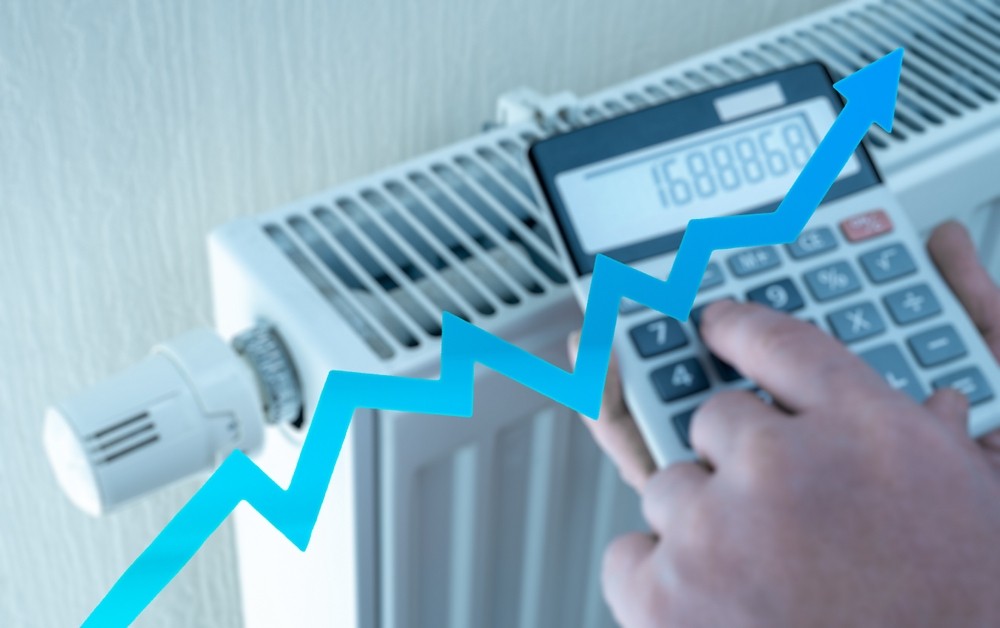Grasping your home appliances’ energy use is crucial for managing electricity expenses. This article examines the expense of operating a 1,500-watt heater for 8 hours, considering various factors that affect the total cost.
Understanding Watts, Kilowatts, and Energy Consumption
What is a watt?
A watt (W) is a unit of power, representing the rate at which energy is used or produced. In the context of a heater, the wattage rating indicates the amount of power it requires to operate.
Conversion to kilowatts
To calculate energy consumption, we usually convert watts to kilowatts (kW) by dividing the wattage by 1,000. For example, a 1,500-watt heater uses 1.5 kW of power.
Calculating energy consumption
Energy consumption is measured in kilowatt-hours (kWh). To find out how many kWh a heater uses in a certain period, multiply the power in kW by the number of hours the heater is running.
Factors Influencing the Cost of Running a 1,500-Watt Heater
Electricity rates
One major factor affecting the cost of running a heater is the electricity rate charged by your utility company. Rates can vary significantly depending on your location and the time of day.
Heater efficiency
Not all heaters are created equal. Some models are more energy-efficient than others, meaning they can produce the same amount of heat while consuming less electricity.
Insulation and heat loss
The insulation quality of your home also plays a role in how much it costs to heat your space. Better insulation means less heat loss, which means your heater will need to run for shorter periods to maintain the desired temperature.
Calculating the Cost to Run a 1,500-Watt Heater for 8 Hours
Step-by-step calculation
- Convert the wattage to kilowatts: 1,500 watts ÷ 1,000 = 1.5 kW
- Multiply the power by the number of hours: 1.5 kW × 8 hours = 12 kWh
- Multiply the energy consumption by the electricity rate: 12 kWh × rate per kWh = total cost
Example scenarios
Let’s consider two example scenarios, each with a different electricity rate:
- Scenario 1: $0.10 per kWh
- Cost: 12 kWh × $0.10 = $1.20
- Scenario 2: $0.15 per kWh
- Cost: 12 kWh × $0.15 = $1.80
As you can see, the cost of running a 1,500-watt heater for 8 hours can vary based on the electricity rate. In these examples, the difference in cost is $0.60.
Reducing the Cost of Running a Heater
Energy-efficient heaters
To reduce your heating costs, consider investing in an energy-efficient heater. These models use advanced technology to produce heat more efficiently, reducing your overall energy consumption.
Proper insulation
Improving your home’s insulation can help keep heat inside and prevent it from escaping, reducing the need to run your heater for long periods. This can include sealing drafts around windows and doors, adding insulation to walls and attics, and using insulated curtains.
Programmable thermostats
Using a programmable thermostat can help you manage your heating costs more effectively. By setting the thermostat to lower temperatures when you’re not at home or during the night, you can save energy without sacrificing comfort.
Conclusion
In summary, the expense of operating a 1,500-watt heater for 8 hours hinges on factors such as electricity prices, heater performance, and insulation caliber. Enhance your home’s energy effectiveness and invest in energy-saving devices to lower heating expenses and lessen your ecological footprint.


